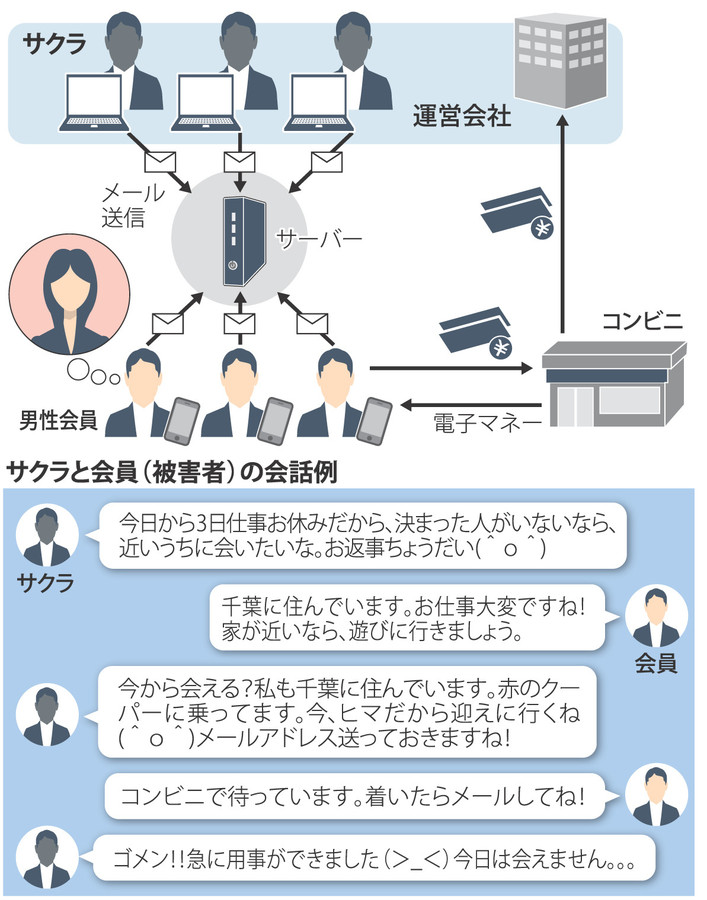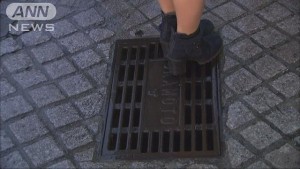Deai-kei website had 2.7 million members, but only 1 was female
We’ve long been talking about the apparent imminent demise of fake deai-kei (“encounter”) websites, which promise liaisons with members of the opposite sex but seem mostly just to take your money.
There seem to be new cases of fake sites appearing in the news every few weeks. Surely, with such bad publicity, people will just stop signing up to the services soon?
Another example of the dangers has been revealed in the case of the Chiba company managing a members-only deai-kei site with men pretending to be women.
The site had 2.7 million members nationwide, of whom only one was apparently genuinely female. Of the 23 sakura (fake) members pretending to answer the requests to hook up, 17 were actually men.

One of the women said: “The men were better at understanding how the male members were thinking, they were better at deceiving them.”
Chiba police arrested 15 people on fraud after the prefecture’s cyber crime division located the server in Toshima ward, Tokyo.
The arrested include the CEO, while warrants have also been sent to the public prosecutor for the 23 sakura.
The fake members included 17 men aged in their twenties and thirties. Three of them had been doing it for over five years. The office was a condo in Taito ward, Tokyo, with 42 computers.

They would send emails to the regular male members, posing as women asking for dates, hook-ups, or someone to have an affair with. If the man wanted to speak to the “girl”, it cost him ¥250 ($2) per message, while asking for her phone number or email address via the service cost ¥10,000 ($83). The members paid using e-money at convenience stores.
However, when it came to meet the “women”, there would always be some “emergency” that prevented them meeting.
The wages for part-timers was a commission system of ¥2 per message, so it was in the shills’ interests to string out each online encounter. There were even some men earning over ¥300,000 ($2,500) per month by pretending to be women.
The same messaging system in the service has been used for 73 websites, and police believe it was also used improperly elsewhere.
While the company received complaints, it would return money and change its corporate name in order to stay in business. Over 10 years it had amassed sales of around ¥6.6 billion ($5.4 million).
One 59-year-old man from Kanagawa is said to have spent ¥13.6 million (over $110,000)!














